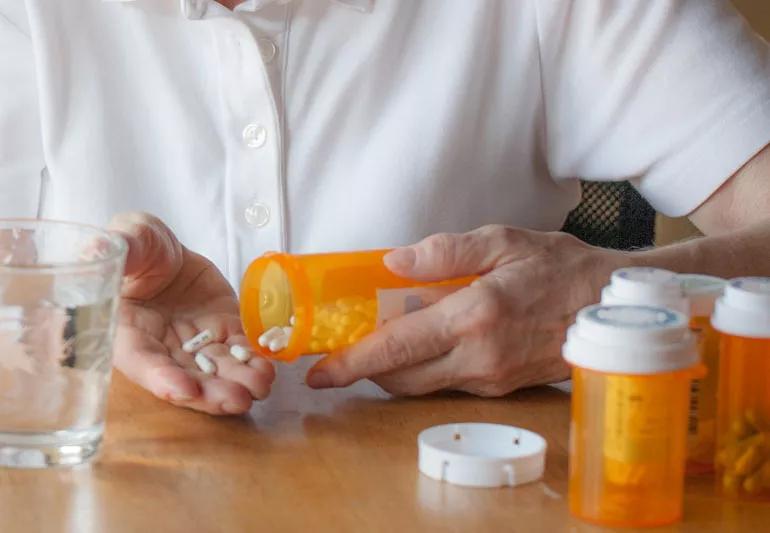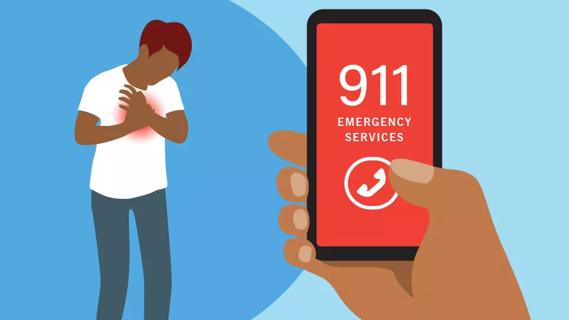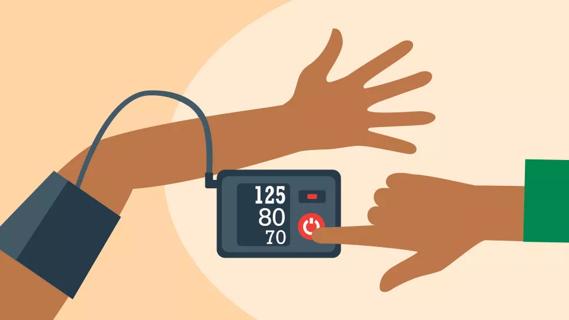Preventing rehospitalizations should be a top priority

The statistics are disheartening: 20% of heart failure patients are readmitted to the hospital within 30 days of discharge, and 50% return within six months. Experts say some of these readmissions could be avoided.
Cleveland Clinic is a non-profit academic medical center. Advertising on our site helps support our mission. We do not endorse non-Cleveland Clinic products or services. Policy
If you have heart failure, here are the top 4 things you can do to lessen the likelihood you’ll end up back in the hospital.
This article was adapted from Cleveland Clinic Heart Advisor.
Learn more about our editorial process.

Don't despair — it's a common problem with many causes

An honest conversation will help you get the results you expect

Watch out for shortness of breath, fluid buildup + more

First things first — slowly sit or lie down

Absolutely! In fact, in many ways, exercise is key to recovery

There’s no way to stop it once a heart attack is happening, but the most important thing you can do is to call for help

You can counter the risk of prediabetes-related heart attack or stroke by eating more fruits, vegetables and whole grains, as well as exercising regularly

An ideal blood pressure is less than 120 mm Hg systolic and less than 80 mm Hg diastolic

Your metabolism may torch 1,300 to 2,000 calories daily with no activity

A gentle touch in all the right places may help drain your sinuses